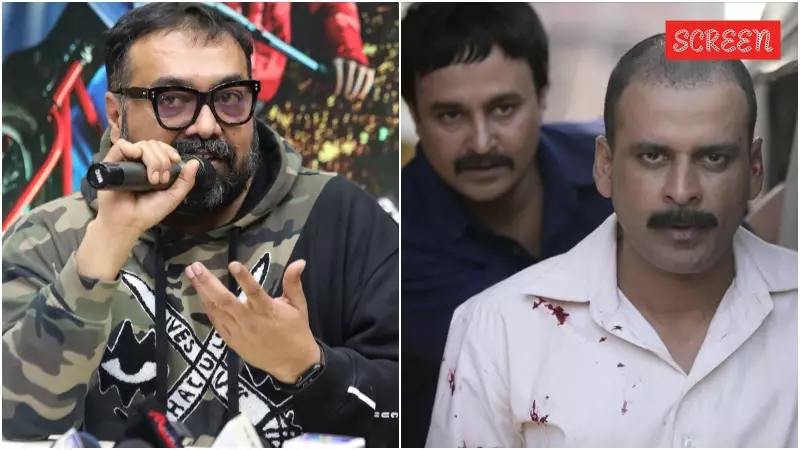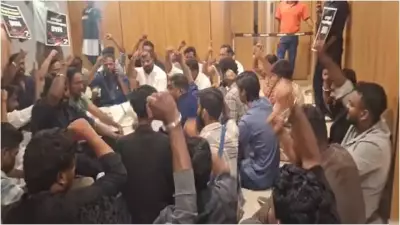
In a candid revelation that's sending shockwaves through Bollywood, acclaimed filmmaker Anurag Kashyap has finally addressed the elephant in the room - his decade-long absence from the box office winners' circle. The director, known for his gritty and unconventional storytelling, isn't losing sleep over commercial metrics.
The surprising truth about Gangs of Wasseypur emerged when Kashyap disclosed, "People forget that Gangs of Wasseypur was also a flop. It didn't make money. It was made on a budget of ₹18 crore and recovered only ₹16 crore." This revelation about his most celebrated work challenges the common perception about the cult classic's commercial success.
Kashyap's perspective on what constitutes real success in filmmaking might surprise traditional industry watchers. "For me, success is when your film connects with people, finds its audience, and gets celebrated," he explained, emphasizing that financial returns aren't his primary measure of achievement.
The Streaming Revolution Changed Everything
The filmmaker highlighted how the digital transformation has reshaped film economics. "The biggest change came when streaming platforms arrived," Kashyap noted. "Suddenly, films that didn't work in theaters found massive audiences. My films like Mukkabaaz and Manmarziyaan didn't set the box office on fire but became huge on streaming."
This shift, according to Kashyap, has fundamentally altered how filmmakers approach their craft and how audiences consume content.
Redefining Success in Modern Cinema
Kashyap's philosophy challenges conventional Bollywood wisdom:
- Long-term cultural impact matters more than opening weekend numbers
- Streaming platforms have created new success metrics
- Audience connection transcends box office collections
- Films can find their audience beyond theatrical release
The director remains unfazed by the 'no hit in 10 years' narrative, focusing instead on creating meaningful cinema that resonates with viewers, regardless of immediate commercial performance.






